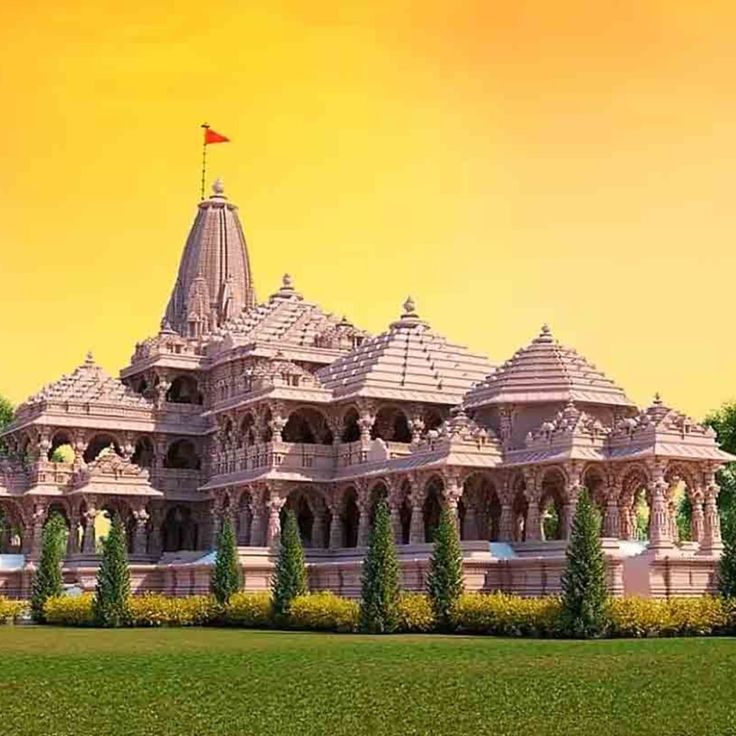Ayodhya and Varanasi, two of India’s most ancient and spiritually significant cities, offer profound insights into the country’s rich cultural and religious heritage. Ayodhya, located in Uttar Pradesh, is revered as the birthplace of Lord Rama, one of Hinduism’s most esteemed deities. The city is home to the grand Ram Janmabhoomi Temple, which marks the site where Rama is believed to have been born. Pilgrims and devotees flock to Ayodhya to participate in rituals, offer prayers, and celebrate festivals that honor the divine legacy of Rama.
Varanasi, also in Uttar Pradesh, is one of the world''''s oldest continually inhabited cities and is deeply revered in Hindu tradition. Known as Kashi, the city is considered a spiritual epicenter and a place where the soul finds liberation. The ghats of the Ganges River, such as Dashashwamedh and Manikarnika, are pivotal to Varanasi’s religious practices, offering sacred spaces for rituals, prayers, and cremations. The city’s narrow lanes, vibrant temples, and bustling markets create an immersive experience of ancient Indian culture and spirituality. Together, Ayodhya and Varanasi represent the deep-rooted traditions and spiritual essence that have shaped Hinduism over millennia.
